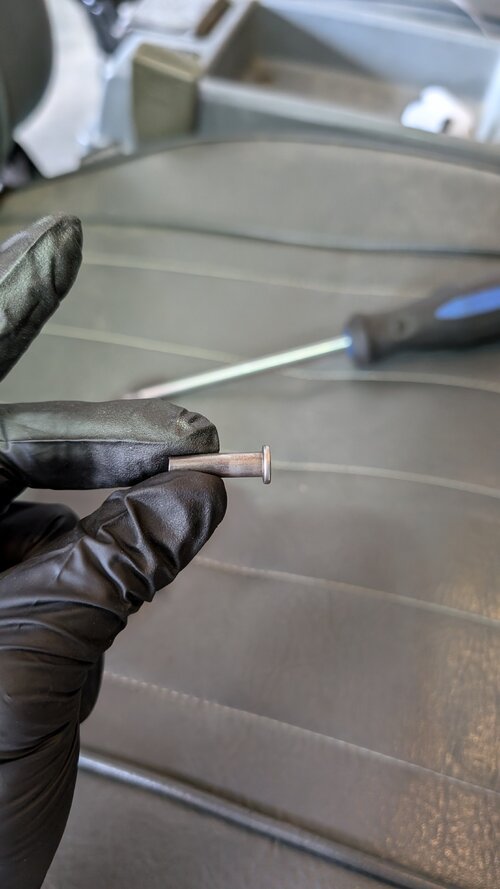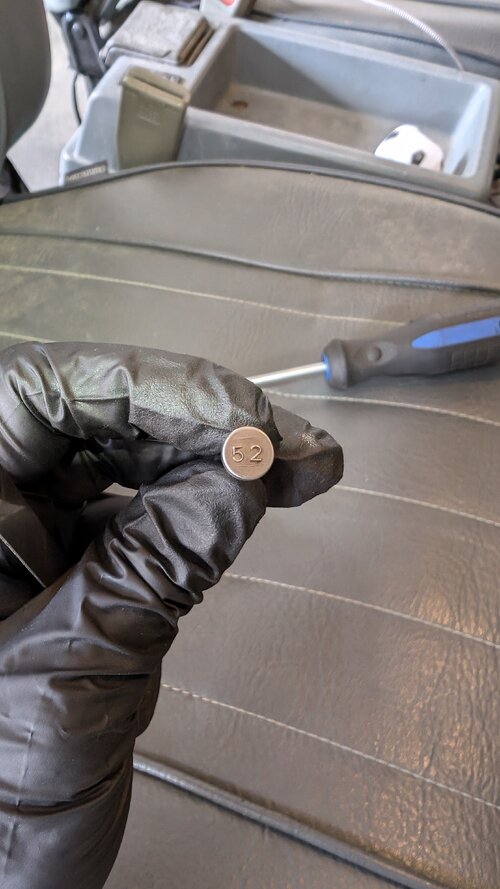Right, I know that's the theory but does that actually happen? The oil has higher viscosity but the oil molecule is not necessarily dimensionally thicker and clearances aren't wearing that much, gaining a thousandth of an inch is a lot.
The oil pressure I think I understand going up due to the way the oil pump works but if the oil weight had an effect on bearings then how does 0W8 work? It surely can't have much cushioning and if what is said about tolerances and clearances is true then that thin-as-water viscosity would have to work much better in the opposite way as thick as syrup 15W40 oil in it's ability to cushion. That ultra thin oil may be working at single molecule layer films.
I also 100% admit to not having a clue how bearings and oil really work. It's got something to do with surface area and displacement and time. Some talk about electrical engineering as black magic. How an engine works without seizing up is black magic to me. Nevermind all the variables of temperature, start up vs operating conditions, etc. For example, say an oil prevents initial wear better but is slightly worse running is that perhaps better since most damage happens in the first few seconds after starting?
So is going to thicker oil a placebo effect? When the needle on the oil pressure gage points higher we think that is better. But in fact the ideal pressure may be nearly zero when you consider that pressure is building as the result of fluid's resistance to flow (e.g. is it psi or GPM that's important?). Wouldn't higher viscosity = lower volume of oil circulating? Could that work against you and accelerate wear? Particularly if you have uneven bearing wear. So if you have say one bearing with more wear where thicker oil does help compensate but are you harming the others where it's not needed by slightly starving them?


